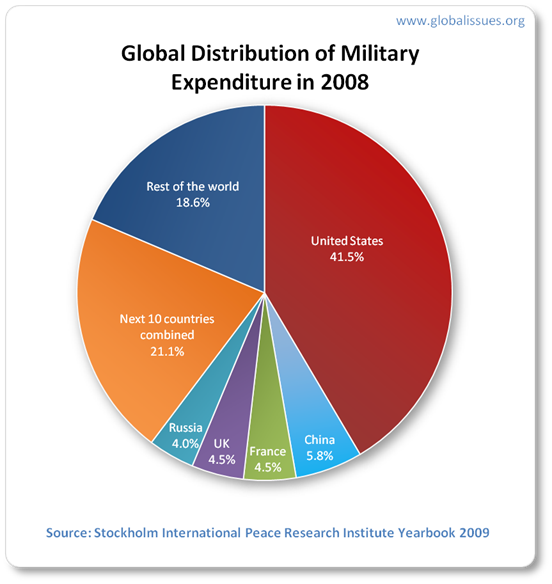And being a purveyor of phony nostalgia evidently qualifies you to speak on recent First Amendment rulings.
The case had to do with a girl posting negative comments about her teacher on the internet, but the interesting part is this:
If we really care about protecting free speech, we need to teach our kids some basic principles of civility.And that means we sometimes have to restrict their speech — even on the Net.
If we really care about protecting free speech, we must restrict speech.
Wow. I had to let that rattle around my skull for a minute. Because I'm thinking I must be misunderstanding something. But no. Apparently, Jonathon Zimmerman's plan for protecting free speech is to have less free speech.
I could see making an argument for restricting what kids can say on the internet. I don't agree, but I could understand making an argument based on "free speech is not absolute, one can't yell 'FIRE!' in a crowded theatre," or whatever. I could understand that. But to argue that limiting free speech is necessary in order to protect free speech? I don't even understand that logic.
Not to be outdone in the insane logic department, Charles Krauthammer weighed in on the same AJC op-ed page with this gem:
Charles Krauthammer: Modernity may carry lethal impact
which makes the basic argument that "so what if Toyota kills a few people now and then, cars are fricking awesome!"So, mostly just dickish pro-corporate, anti-regulation claptrap from one of the kings of claptrap, but in the middle of this screed, he poses this:
The questions are: How do you distinguish the idiosyncratic failure from the systemic — for example, the single lemon that came off the auto assembly line versus an intrinsic problem inherent in that model’s engineering?
See, that's actually not difficult, Chuck. Distinguishing between a problem in one car and a problem in many cars is about as easy a distinction as one can make.
And then, this:
And don’t imagine that we do not coldly calculate the price of a human life. In 1974, the speed limit was lowered to 55 mph to conserve oil. That also led to a dramatic drop in traffic fatalities — approximately 3,000 lives every year. This didn’t stop us, after the oil crisis, from raising the speed limit back to 65 and beyond — knowing that thousands of Americans would die as a result.
The calculation was never explicit, but it was nevertheless real. We were quite prepared to trade away a finite number of human lives for speed, and for the efficiency and convenience that come with it.
Okay, it is true that companies like Toyota do coldly calculate the price of a human life. They add up how much it would cost to fix a design flaw versus how much they might lose in lawsuits if some of their customers die. (Same as Ford did with the Pinto, and all the SUV makers did with rollovers)
But the speed limit story is not an example of this. The speed limit story is an example of consumers making an informed choice to accept the increased risk of driving faster in order to gain the convenience the faster speed would supply. With Toyota, the company decided to force a risk on uninformed consumers who gained nothing from unwittingly accepting this risk, in order to increase profits for Toyota.
Do you really not see the difference? In one case, Joe says "I'm in a hurry, it's worth it to me to take the risk of driving faster." In the other case, Mr. Toyota says "I want to make more money. It's worth it to me to put Joe at risk of death or injury if it increases my stock price. h, and by the way, DON"T TELL JOE!!!"
But I think today's George Will extravaganza of nonsense might beat both of them.
Will writes a column about the new update coming to the DSM. Of course, this update hasn't been released yet, so Will is forced to sneer at changes that he heard may possibly be included in the new version:
The revised DSM reportedly may include “binge eating disorder” and “hypersexual disorder” (“a great deal of time” devoted to “sexual fantasies and urges” and “planning for and engaging in sexual behavior”). Concerning children, there might be “temper dysregulation disorder with dysphoria.”
And then the topper:
Another danger is that childhood eccentricities, sometimes inextricable from creativity, might be labeled “disorders” to be “cured.” If 7-year-old Mozart tried composing his concertos today, he might be diagnosed with attention-deficit hyperactivity disorder and medicated into barren normality.
Ooh! Good point! Except that the incredible amount of concentration, focus, and dedication required to produce a concerto, or any piece of serious music, is pretty much the exact opposite of the type of behavior which would indicate a diagnosis of ADHD.
But, hey. Why let logic stand in the way of a good zinger aimed at the "intellectual elite?"
(To which, by the way, you used to belong, Mr. Will.)


 Come on! This ain't figure skating. It's hockey, a rough, rowdy boisterous sport. This sort of behavior should be totally acceptable for hockey.
Come on! This ain't figure skating. It's hockey, a rough, rowdy boisterous sport. This sort of behavior should be totally acceptable for hockey.
 They just beat the rest of the world at Canada's national sport, on Canada's home ice in front of a bunch of cheering Canadians, and you're going to give them crap about celebrating?
They just beat the rest of the world at Canada's national sport, on Canada's home ice in front of a bunch of cheering Canadians, and you're going to give them crap about celebrating?

















![[WorldUSAstats.jpg.png]](https://blogger.googleusercontent.com/img/b/R29vZ2xl/AVvXsEiRjgZj0owb9KM-loTdu1XJOqgbhTR0TmsPGNPvYePzYf5SKNIYKgxuPb1tFqAL0Ng8TbMA7N5A4mA0B5nYkW4S1HnOboF-fee-clrFHWuB2DfAZ-PS4IJV2NScoX41O9aHpig77Pa2WB0/s1600/WorldUSAstats.jpg.png)



















